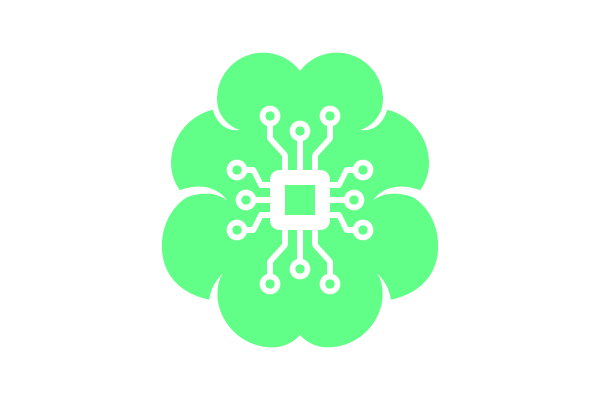
The AI Arms Race: The Rise of DeepSeek and the Stargate Initiative
Share
The stakes have never been higher, and nations are recognizing the strategic importance of dominating this field. President Trump’s first initiative in office, the Stargate Project, underscores this urgency by committing a staggering $500 billion investment in OpenAI over the next four years, with $100 billion being invested immediately.
While the announcement of Stargate signals America’s intent to maintain AI leadership, global competitors are not sitting idle. In a bold move, Chinese AI startup DeepSeek unveiled its R1 model almost immediately after Stargate was announced. DeepSeek’s release sent shockwaves through the tech industry, highlighting the growing international competition in AI development.
The DeepSeek Challenge
DeepSeek’s R1 model rivals OpenAI’s capabilities, particularly in reasoning, and does so at a fraction of the cost. Both companies offer free and paid versions of their models, but DeepSeek has a clear edge in pricing. Its API costs are reported to be 30 times cheaper than OpenAI’s, raising questions about how the American company can remain competitive against such aggressive pricing.
This disparity highlights a critical issue for OpenAI and other U.S.-based AI companies: efficiency. To compete with DeepSeek, OpenAI must focus on reducing resource consumption and improving operational efficiency. This includes:
-
Transitioning to Renewable Energy Sources: Adopting renewable energy not only aligns with sustainability goals but also reduces long-term operational costs.
-
Leveraging Advanced Hardware: Hardware specifically designed for AI processing, such as chips with state-of-the-art cooling methods, could significantly enhance performance while cutting energy use.
-
Optimizing Code: Efficient coding can minimize computational overhead, allowing AI models to run faster and with fewer resources.
Rumors have also emerged that DeepSeek might be circumventing sanctions to access Nvidia H100 chips, which are significantly faster than the H800 chips officially available to them. If true, this raises concerns about compliance, enforcement of export restrictions, and the implications for global AI competition.
A Global Perspective on AI Leadership
In 2017, Russian President Vladimir Putin famously remarked, “Whoever becomes the leader in this sphere will become the ruler of the world.” This statement resonates more than ever as countries like the U.S. and China fight for dominance in AI. China has long been a leader in AI innovation, trailing just behind the U.S., but DeepSeek’s R1 model represents a significant leap forward.
DeepSeek’s release could mark a turning point in the AI race, challenging the dominance of American companies and spurring greater competition. For the U.S., Stargate is not just an investment in OpenAI but a broader signal to the world that it intends to stay ahead. The initiative’s massive budget suggests an understanding of AI’s geopolitical implications, including its potential applications in defense, economic development, and global influence.
Driving Competition and Innovation
The unveiling of DeepSeek’s R1 model could be a blessing in disguise for the U.S. While it presents a competitive challenge, it also pushes American companies to innovate. Increased competition often drives advancements in efficiency, cost-effectiveness, and overall capabilities. OpenAI, backed by Stargate’s unprecedented funding, is in a strong position to adapt and improve.
One key area of focus should be making AI models more efficient. As the industry grows, resource consumption—energy, hardware, and time—will become an increasingly critical factor. Companies that can deliver high-performing models at lower costs will have a significant advantage, not only in the market but also in shaping the future of AI globally.
The Road Ahead
The current state of AI feels like the early days of the internet: full of potential and rapidly evolving. While challenges like resource efficiency and international competition remain, the possibilities for AI seem limitless. From healthcare and education to defense and transportation, AI is poised to revolutionize every aspect of human life.
As the U.S. invests heavily in initiatives like Stargate and as rivals like DeepSeek continue to innovate, the race for AI supremacy will only intensify. Ultimately, the competition could lead to groundbreaking advancements that benefit humanity as a whole. The stakes are high, but the rewards are even higher.
In this rapidly shifting landscape, one thing is clear: the nation or company that leads in AI will wield immense power and influence.